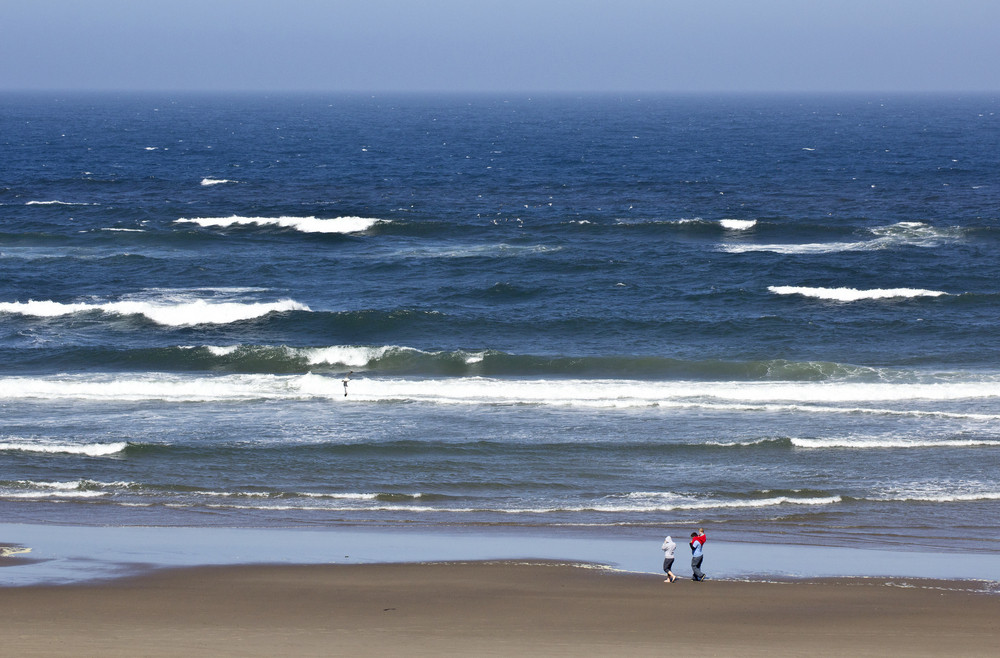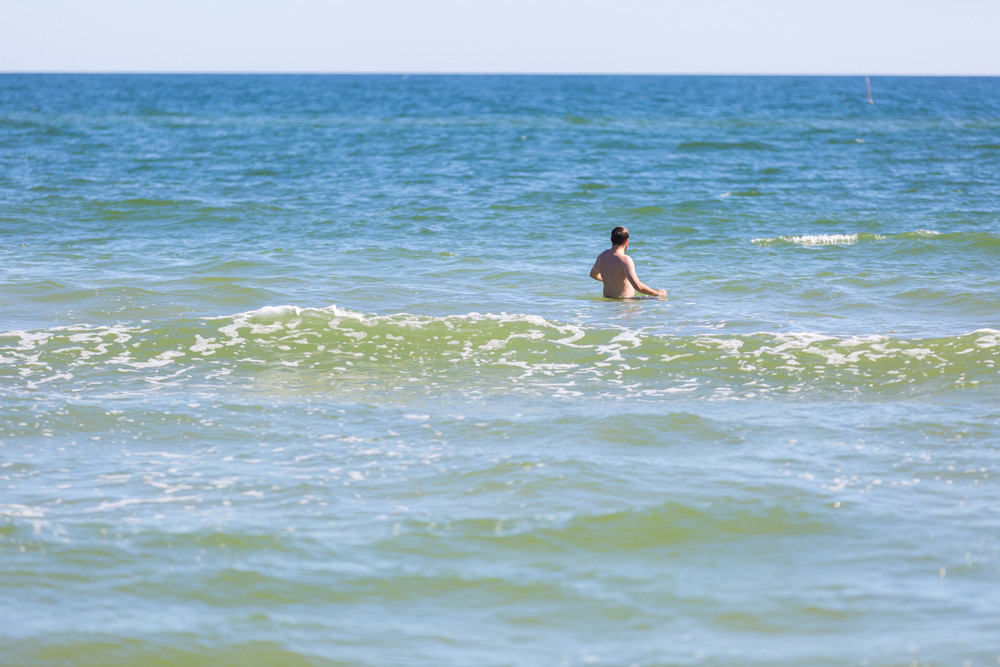
When we think of sharks, jaws snapping and ominous music often come to mind. These magnificent creatures have long been portrayed as ruthless killers in movies and media. But are sharks truly the bloodthirsty predators they’re made out to be? Let’s dive into the depths of this topic and debunk some common myths about sharks.
Myth #1: All Sharks Are Man-Eaters
One of the most prevalent misconceptions about sharks is that they actively seek out humans as prey. In reality, the vast majority of shark species have no interest in hunting humans. Most shark attacks on humans are cases of mistaken identity or defensive reactions. Sharks often rely on their senses, such as smell and electromagnetic receptors, to locate prey, and humans simply don’t fit the bill for their usual meals.
Myth #2: Sharks Are Always on the Hunt
Contrary to popular belief, sharks spend a significant amount of time resting and conserving energy. Many species of sharks are nocturnal, meaning they are more active at night when hunting for food. During the day, sharks often rest in reef crevices or near the ocean floor, conserving their energy for when they need it most. They’re not constantly prowling the waters looking for their next meal.
Myth #3: Sharks Are Mindless Killing Machines
Sharks are actually highly intelligent creatures with complex behaviors and social structures. They exhibit problem-solving skills, learn from experience, and even have distinct personalities. Some species of sharks, such as the lemon shark, have been observed displaying social behaviors and forming long-term bonds with other sharks. This challenges the notion that sharks are indiscriminate killing machines.
Are sharks dangerous? Yes, they have the potential to cause harm, but it’s important to understand that shark attacks are rare occurrences. Sharks play a crucial role in maintaining the balance of marine ecosystems. As apex predators, they regulate the populations of prey species, preventing overpopulation that could disrupt the delicate equilibrium of the ocean.
Furthermore, sharks contribute to ecotourism by drawing in divers and snorkelers eager for a glimpse of these majestic creatures. Shark tourism provides economic benefits to local communities and encourages conservation efforts to protect shark populations and their habitats.
In conclusion, sharks are not the villains they’re often made out to be. They are essential components of healthy marine ecosystems and deserve our respect and protection. By debunking common myths about sharks and fostering a greater understanding of these magnificent creatures, we can coexist with them safely and ensure their survival for generations to come.


